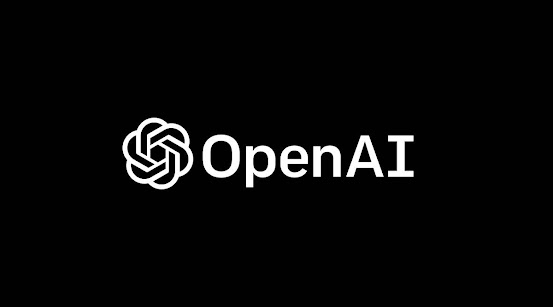CEOs of Google and Microsoft Among Industry Leaders Invited to High-Level AI Discussion at White House
The chief executives of Alphabet Inc's Google, Microsoft, OpenAI, and Anthropic have been invited to meet with Vice President Kamala Harris and top White House officials to discuss key artificial intelligence (AI) issues on May 4, as per a White House official on Tuesday. The meeting will be attended by Biden's Chief of Staff Jeff Zients, Deputy Chief of Staff Bruce Reed, National Security Adviser Jake Sullivan, Director of the National Economic Council Lael Brainard, and Secretary of Commerce Gina Raimondo, among others.
According to the invitation obtained by Reuters, President Joe Biden has an "expectation that companies like yours must make sure their products are safe before making them available to the public." The invitation further mentioned that the meeting will emphasize the importance of driving innovation "with safeguards that mitigate risks and potential harms."
The concerns surrounding the fast-growing AI technology include privacy violations, bias, and worries that it could proliferate scams and misinformation. In April, the Biden administration had sought public comments on proposed accountability measures for AI systems, given the growing concerns about its impact on national security and education.
The meeting will provide a platform for industry leaders to engage in dialogue with policymakers on AI-related issues, which could shape the government's approach to AI regulation. Such high-level talks could have a significant impact on the development of AI technology in the United States, given the importance of these companies in the field.
Several concerns have been raised regarding AI technology, with privacy violations and bias being the most critical. As AI algorithms become increasingly complex, they are becoming more challenging to understand, creating concerns that these systems could be used to exploit vulnerabilities in systems and data. The potential for AI to spread misinformation is also a significant concern, given the ease with which it can spread on social media platforms.
The use of AI in decision-making processes also raises concerns about bias, with critics arguing that the technology could perpetuate existing societal prejudices. Several high-profile incidents have highlighted the potential for AI to make biased decisions, such as when facial recognition algorithms were shown to be less accurate in identifying individuals with darker skin tones.
Another critical issue that could be discussed at the meeting is the impact of AI on the workforce. As AI systems become more advanced, there are concerns that they could displace human workers, leading to job losses in certain sectors. There are also concerns that the benefits of AI could be unevenly distributed, with some industries and workers benefiting more than others.
The companies invited to the meeting are among the most prominent players in the field of AI, with each making significant investments in the technology. Alphabet's Google has been at the forefront of AI research for several years, developing advanced algorithms for natural language processing and image recognition. Microsoft has also invested heavily in AI, with its Azure AI platform providing customers with a suite of AI tools and services.
OpenAI, which was co-founded by Elon Musk, has focused on developing AI systems that are safe and beneficial for humanity. The company has developed several advanced AI systems, including GPT-3, one of the largest language models ever created. Anthropic, a relatively new player in the field, focuses on developing AI systems that can learn from limited data, which could be beneficial in a range of industries.
The high-profile meeting comes at a critical time for the development of AI technology, with concerns about its impact on society growing. The discussions that take place at the meeting could help shape the government's approach to AI regulation, providing a platform for policymakers to engage with industry leaders on key issues. With the rapid development of AI technology, it is essential that policymakers and industry leaders work together to ensure that its benefits are maximized while minimizing its potential risks and harms.




Comments
Post a Comment